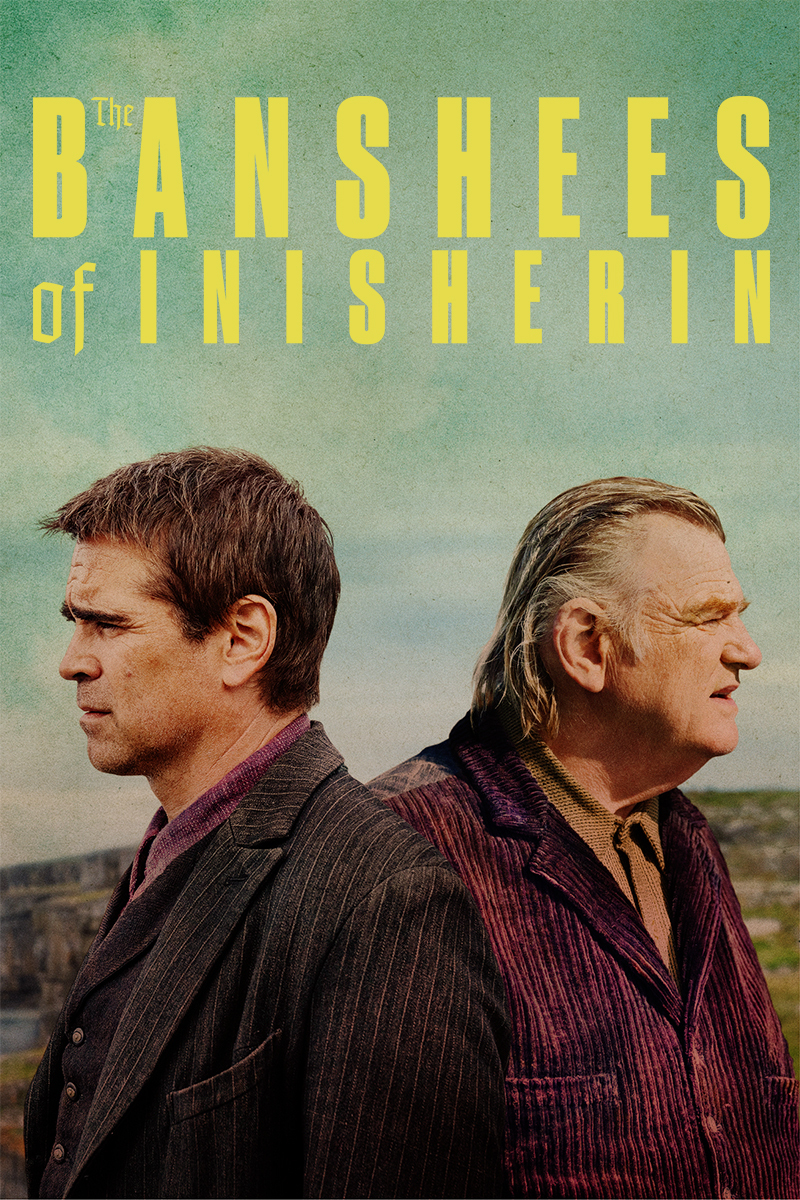For the first 15 to 30 minutes of this movie, I seriously thought it was a satire on modern Internet friendships. In the past couple of years, I have been the dumper and dumpee of several relationships, including being basically ghosted, all of which were equally depressing and traumatizing. So I can sympathize with both characters in their agony and annoyance. The end of friendships is an unavoidable reality throughout one's life, but past experience does not make this process any easier as one becomes older.
Half way into it, however, things made a bizarre and bloody turn, and I had to admit that the strife between Colin Farrell and Brendan Gleeson is not an allegory of friends breaking up in the Internet age. I dug up information on the Irish Civil War of early 1920s and began to understand the author's intent.
With its absurdist style, Martin McDonagh's movie contains a vague feeling that this deadly conflict between fellow Irishmen was senseless and pointless. Aside from the general principle that killing and war are fundamentally senseless, I don't quite agree, even though I am in no position to tell an Irishman anything about his own history. I can see why the conflict between the Free State and Republican factions broke out when the independence war with Britain came to a compromise instead of an outright victory. I have no particular urge to take sides, but each side did have their own reason and logic for the stand they took and felt they had to defend. And let's not pretend that there were only two sides to the conflict. There was an outside force not so subtly nudging them on.
The Irish history is by no means an outlier. The more I learn about it, the more it confirms my revised view of what war is. Conflicts and struggles in society do not have a discrete start and end date. War is just one of many continuous phases of these conflicts among people and factions.
What I appreciate about McDonagh's treatment of war is the willingness to be kind to both sides and acknowledge their past friendship and continued ambiguity with each other. Nevertheless, I find it not completely satisfying as an allegory.
Winding my way back to the issue of severed relationships and rejections, I have long realized that it always goes back to one's relationship with one's mother, that cliché of "attachment."


No comments:
Post a Comment